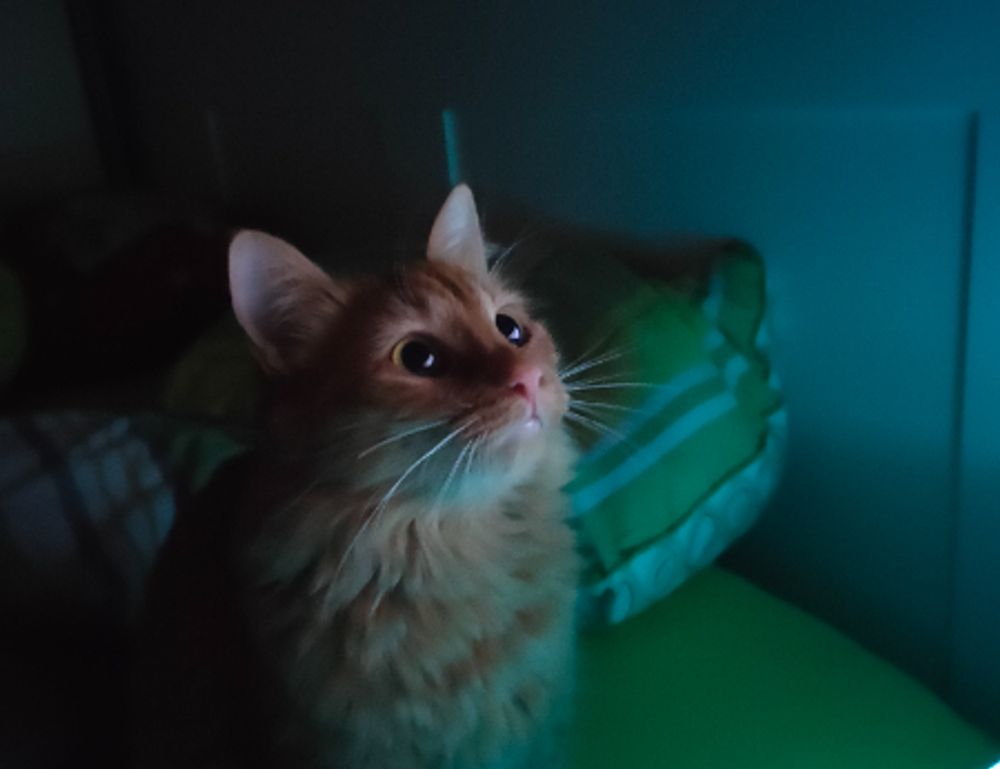What Is 8165020600?
First off, 8165020600 originates from an area code based in Missouri. It’s connected to the Kansas City region. On the surface, that might not seem helpful, but it hints that it’s likely to be tied to a business or institution operating in that region.
People who’ve received calls from this number have commonly reported connections to CitiBank or other financial institutions. That doesn’t automatically mean it’s a banking scam, but caution should still be your north star. Some users report this number being used for account verification or fraud alerts.
In short: it might be legit, it might not be—you’ve gotta verify.
How People Usually Encounter This Number
No mystery here. The most common appearance: your phone rings, and this number shows up. You might also get a voicemail with a vague or robotic message. Sometimes, there’s no message at all.
There are patterns too. It’s often tied to: Credit card fraud detection from Citi Missed payments or billing issues Unauthorized charges needing approval
If you’ve got an account with CitiBank or use a service that partners with them (like Costco’s Citi credit card), that’s a solid indicator the call could be relevant.
Still, the rule shouldn’t change: don’t give any personal information unless you initiate the call using verified contact info.
How to Deal with a Call from 8165020600
Here’s the playbook:
- Don’t answer unknown numbers blindly.
- Let it go to voicemail. If it’s important, they’ll leave a message.
- Search the number. You’re doing that right now, which is smart.
- Compare with your actual bank’s customer service numbers (on official websites or your card).
- Call back only through those official channels, not the incoming number directly.
If the voicemail tells you to call 8165020600 back, take a step back and pick up the number from your bank’s website instead. Calling them directly clears the air—and keeps your identity safe.
Scam Possibility? Yep, Always a Risk
Scammers don’t sleep, and they’re really good at spoofing legitimatelooking numbers. That’s why a number like 8165020600—even if it’s been confirmed as a legit Citi outbound number at times—could also be used for phishing attempts.
What fraudsters count on: You panicking because “your account’s compromised” You trusting the number since it looks official You acting fast, not verifying
Best response? Don’t. Slow down, verify everything, and don’t hand over personal info casually.
What Others Say About It
If you scan public forums or crowdsourced call identifier apps, you’ll find a mixed bag: Some say it was helpful: it warned them about suspicious charges. Others say it’s spammy or intrusive. A few suggest it’s fraud pretending to be fraud prevention (stay alert on that one).
There’s no universal truth here—what matters is your situation. If you got a credit card, recently used it strangely, or lost it, a call from 8165020600 might be timely. If you don’t bank with Citi at all… then yeah, someone’s fishing.
Pro Tips to Protect Yourself
Let’s recap some ways to stay out of trouble: Use callblocking software with scam ID filters Register your number with the FTC’s Do Not Call list Monitor account activity frequently through your banking app Set up alerts so you know when your card is used
Proactive beats reactive.
What to Do If You Gave Them Info
First—don’t panic. Take action: Call your bank immediately using their main line. Freeze or cancel card/access if needed. Monitor accounts for weird charges. Update login credentials just in case.
Report the incident to the FTC and your bank’s fraud team, and take notes about what transpired. Don’t assume the issue’s over just because nothing happened right away.
8165020600: Final Word
There’s no universal answer to what every call from 8165020600 means. Sometimes it’s legit, and sometimes it’s a trap. You’ve got to judge based on your situation and what you know. Don’t hand over sensitive data just because someone on the phone sounds official. Keep your guard up, verify before reacting, and when in doubt—disconnect and call your bank directly.
Bottom line: when numbers like 8165020600 show up, they demand attention—but never blind trust. Trust after verify. Always.



